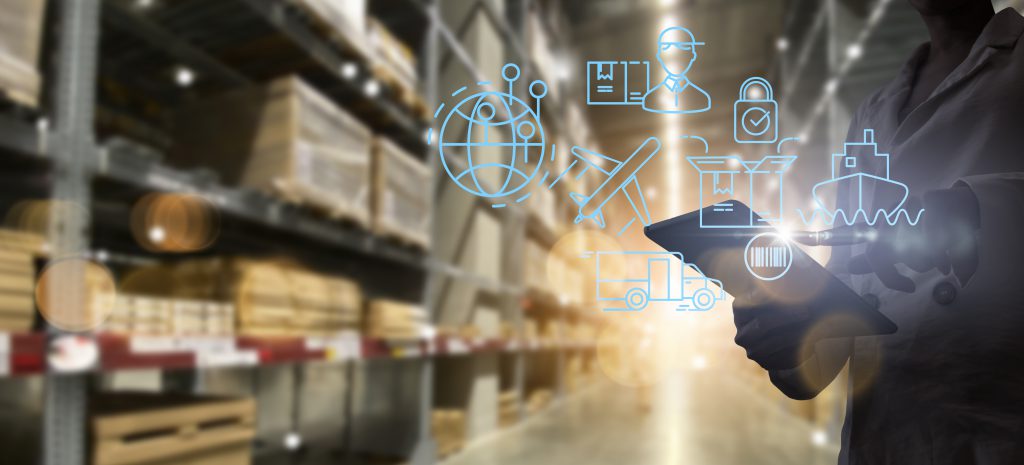In the world of transport, the past year has undoubtedly been one of the most frequently mentioned among logistics service providers and one of the most memorable for a long time. The number of online orders has risen sharply in this period and the demand for companies that take care of the logistics of these orders has increased almost proportionally. Those who think that this development is just a matter of last year and that this trend will pass are mistaken. The so-called e-fulfillment or the service that covers the total logistics services for e-shops from receiving, storage, picking, packing and shipping started growing long before the global epidemic crisis. And according to experts, this growth is also expected to continue.
Year-on-year increase in e-commerce logistics activities
As already mentioned, the growth of e-fulfilment is not just a matter of last year. Already in 2016, the turnover of web shops and the number of shipments grew by double digits. This was no different in the following years. In general, the turnover of online stores grew by more than 40%, which meant that the number of shipments delivered increased rapidly. In other words, it must be said that it is high time to involve logistics companies and all their warehousing activities in e-fulfilment and parcel shipping.

Merge of logistic knowledge and IT
Where web shops outsource more services, you can benefit as a logistics service provider. Not for nothing are more and more traditional service providers focusing on e-fulfillment. As a logistics service provider, you have a range of logistics expertise that you can use to help your customers. However, you will also encounter challenges when entering this specific industry, for example, logistics processes often run somewhat differently from the familiar pallet transport.
Order picking is a key part of this process. In e-fulfillment, orders often consist out of small packages with small amount of stock from the warehouse. The way you pick these orders is therefore critical to the efficiency of the process. Especially since order picking sometimes comprises 60% of all work processes in the warehouse. Logistics knowledge alone is not enough, as you need to choose the right strategy and align your systems to it. For example, e you going to pick item-by-item basis? Or do you want to automatically assign orders to your warehouse staff?
Surviving in the e-fulfillment jungle
With the rise of e-commerce, everyone wants a piece of the pie, which makes sense. However, it also forces you to differentiate your business and differentiate your business to survive and get that bigger piece. You can do this, for example, by focusing on a niche or focusing on a specialty. Automation/robotization is that differentiating factor that impacts the efficiency of your processes. Keeping up with technological developments can then offer your business an opportunity or advantage over your competitors.